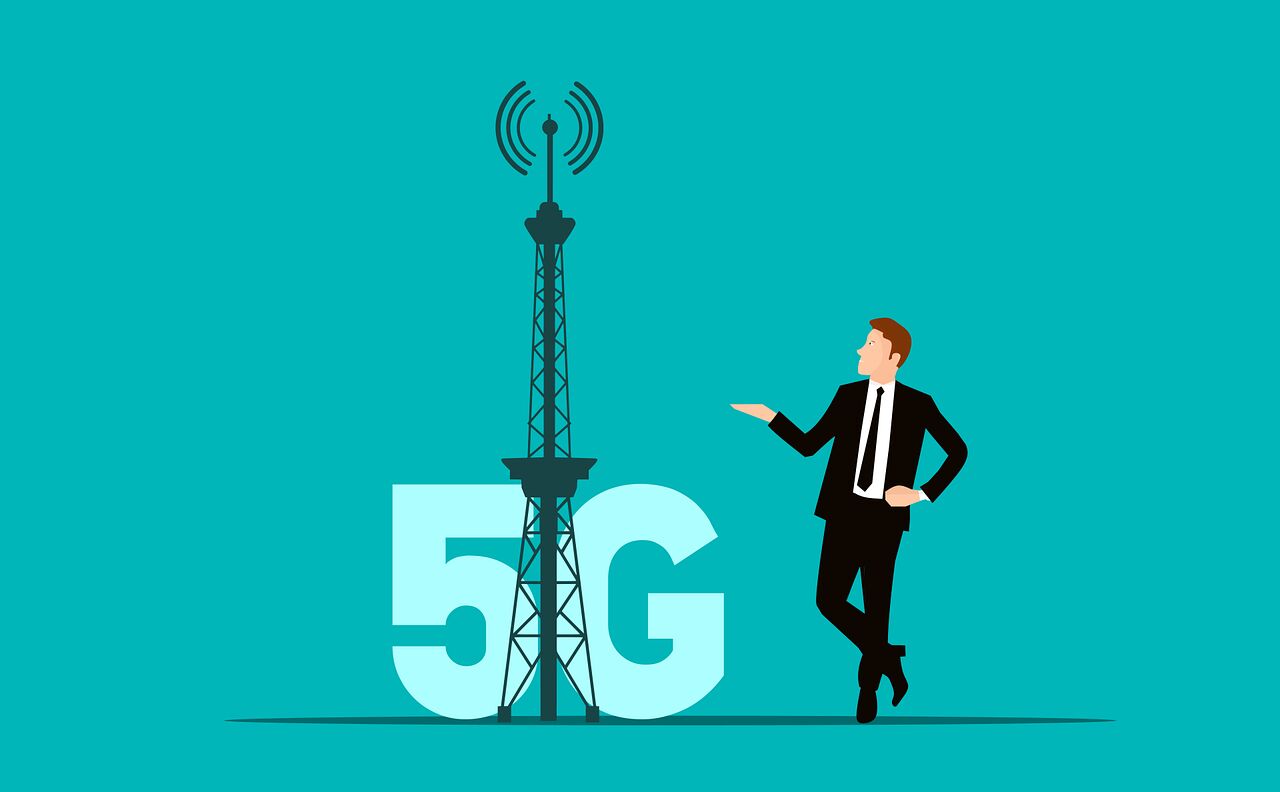A foundational shift

India made a great technological leap with the launch of 5G services in select cities on October 2. With major Indian telecom providers aiming to launch countrywide operations over the next two years, fifth-generation Internet is all set to become a reality. Opportunities are paramount and so are the challenges. The course taken hereof will determine the trajectory of a whole new technological era. While launching the fifth-generation services at the India Mobile Congress (IMC), the Prime Minister rightly said that "5G is the beginning of an infinite space of opportunities." He highlighted that India's Internet connections have increased remarkably from 25 crore in 2014 to 85 crore presently, and that more people are coming onboard from rural areas. The major task ahead for the policymakers now is to ensure two things — optimum utilisation of the new technology and equity-based facilitation among masses. Optimum utilisation has been the concern worldwide. For average Internet users, 5G can mean faster gaming and livestreaming opportunities, particularly those that are cloud-based. To an advanced level, it can also help create a seamless environment for conduct of virtual classes, health-care spaces etc. However, it is well-known that 5G is capable of doing much more. Even the pioneer countries in the realm of 5G are struggling to explore the optimum applicability of the technology. The most suitable example is that of South Korea — one of the first countries to launch 5G technology. China, at the same time, has been ramping up digital infrastructure in various domains to capitalise on the 5G. India's leading telecom and Internet Service Provider has exuded confidence that India will find its place on the brighter side of the line. At the IMC, several demos were made, including the one regarding the conduct of virtual classes and the other regarding the safety of workers at construction sites. Replication of these demos in the real world will be challenging. The use of Augmented Reality (AR) and Virtual Reality (VR) in the education sector is indeed promising. It will do away with certain limitations that our students and teachers faced while participating in online classes during the pandemic. Countries across the globe have already ventured into critical domains like telemedicine and robotic surgery arms, among other things. It will be important to see how effectively India makes its journey in the fifth-generation technological era. One thing is certain, the focus must now shift from individual Internet users to industry-based applications. With its extra low latency, 5G is 100 times faster than the 4G. The speed is an enabler in itself. Anil Kumar Jain, CEO of the National Internet Exchange of India (NIXI), said that "5G is going to bring forth the much-needed internet revolution to India as has been experienced globally" — providing opportunities for MSMEs, start-ups, creator industries, digital economy etc. Optimum utilisation of the 5G technology is just the first set of the two-part challenge that India faces at this juncture. The second challenge will be to ensure that the benefits reach out to the remotest parts of the country, and to the most marginalised people. 5G offers a golden opportunity to bridge the deep-rooted technological divide in the country. If not capitalised equitably, this opportunity might very well turn into another impediment — widening the already hurting technological divide. Parity — across genders and economic classes — should be the defining philosophy as India enters into the new technological era. While the launch of 5G services is a positive development in itself, it won't make much sense if it is not meant for all! Pricing of the services will also have to be kept in consideration. Around five years ago, disproportionate 4G pricing had led to exclusion of most of the telecom and Internet Service Providers from the industry. Presently, the two trailing carriers are finding themselves in a narrow position. Their sustainability needs to be ensured to prevent a monopoly from setting in. The launch of 5G services in India is just a foundation. It remains to be seen how well we manage to build upon it.



